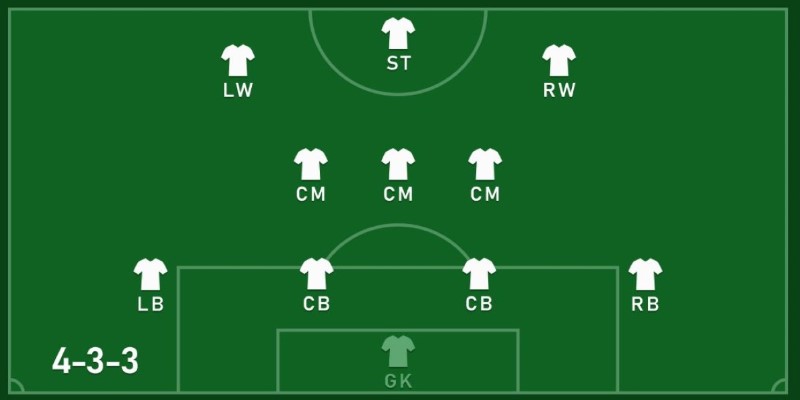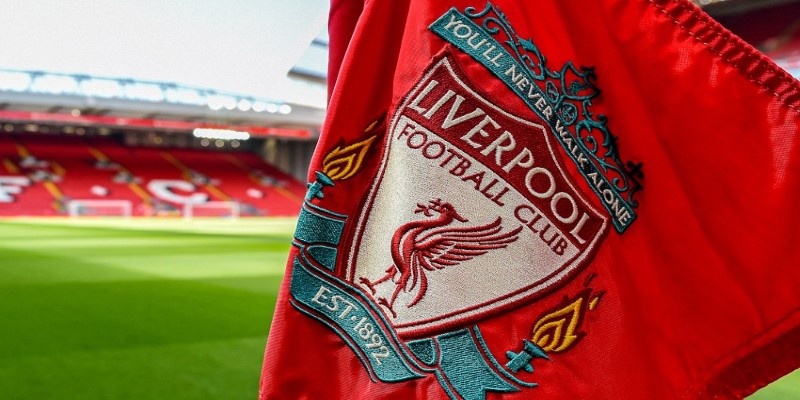Have you ever wondered why scouts seem to favor younger players in sports? This topic has sparked plenty of debate in the soccer world. In this article, we'll explore the surprising reason behind this phenomenon and why it holds true in soccer. As fans, we often marvel at the skills and talent of seasoned players, but the truth is, there's something special about the young up-and-comers that catches the eye of scouts and coaches.
Whether it's their raw athleticism, adaptability to new tactics, or their potential for long-term growth, there's no denying that youth brings a unique advantage to the game. So, let's delve into the reasons behind this preference for younger players and uncover the secrets behind their success on the field.
The Youth Phenomenon in Sports Scouting
When it comes to scouting for talent in sports, there is often a preference for younger players due to a variety of reasons. These reasons can be broadly categorized into the following top 10 points:
Physical Growth Potential
Younger players have more time to develop physically and get flexible to the needs of professional sports. Their bodies are still growing and developing, which gives them the potential to become stronger, faster, and more agile as they mature. This physical growth potential is an attractive quality for scouts as it can contribute to a player's long-term success in the sport.
Longer Career Span
One of the key advantages of favoring younger players is the potential for a longer playing career. By recruiting and investing in younger talent, teams, and organizations can benefit from a player's skills and contributions over an extended period of time. This longer career span can provide more value and continuity for the team, making it an appealing prospect for scouts and coaches.
Higher Learning Capacity
Young minds are generally more malleable and open to learning. In sports, this translates to a higher learning capacity, allowing younger players to absorb new skills, techniques, and tactics more quickly. Their ability to adapt and grow as athletes can make them valuable assets to teams and contribute to their overall success on the field.
Adaptability to Modern Game Styles
The world of sports is constantly evolving, with game styles and strategies changing over time. Younger players often demonstrate greater adaptability to these modern game styles, as they are more open to embracing new trends and techniques. Their flexibility in adjusting to evolving styles of play and strategic changes can give them a competitive edge in the dynamic landscape of sports.

Marketability
One of the most compelling reasons for investing in young talents is their marketability. Young players have the potential to become the face of a franchise for years to come. Whether it's their on-field performance, charisma, or off-field appeal, young talents possess the qualities that can make them marketable assets for clubs. By nurturing and developing these players, clubs can not only benefit from their skills on the pitch but also capitalize on their market value in various ways.
Investment for the Future
When clubs invest in young talents, they are essentially making a long-term investment for the future. While established players may offer immediate impact, young talents represent an opportunity for clubs to secure a significant return on investment through their performance and potential transfers. As these players develop and hone their skills, their value in the market can skyrocket, providing clubs with lucrative opportunities for financial gains and team development.
Eagerness to Prove Themselves
Younger players often bring a level of eagerness and determination to prove themselves. Their hunger to establish their place in the team and the sport can be a driving force for both personal and team success. This eagerness can manifest in their work ethic, commitment to improvement, and willingness to take on challenges, all of which can positively impact the team dynamics and overall performance.
Lower Initial Costs
In addition to their potential on the field, young talents often have a lower initial cost than established players. This financial appeal makes them attractive options for clubs looking to optimize their budgets while building competitive teams. By investing in young talents, clubs can allocate resources more efficiently and strategically, creating a balanced and sustainable financial model for long-term success.
Influence on Team Dynamics
Young players can inject fresh energy and dynamics into a team. Their enthusiasm, passion, and willingness to push boundaries can positively influence the team culture, fostering a spirit of growth, innovation, and camaraderie. By integrating young talents into the squad, clubs can cultivate a dynamic and resilient team environment conducive to sustained success.

Data-Driven Decisions
In today's sports landscape, data-driven predictions are revolutionizing the way scouts assess players. With the aid of advanced sports analytics, scouts can now rely on data to make more informed decisions regarding a player's future performance. This shift towards data-driven decision-making has the potential to significantly impact the way talent is scouted and developed in the sports industry.
Wrapping It Up!
Scouts may prefer younger players in sports due to their potential for growth and development. While older players may have more experience and maturity, younger players often have more room for improvement and can be molded to fit the team's needs. Additionally, younger players may have a longer career ahead of them, providing a better return on investment for teams and scouts. However, it's important for scouts to consider a balance of youth and experience to build a well-rounded team.
Ultimately, the decision to favor younger players should be based on a combination of skill, potential, and how well they fit into the team dynamics. By understanding the rationale behind this preference, both scouts and players can work towards achieving success in the sports industry.







